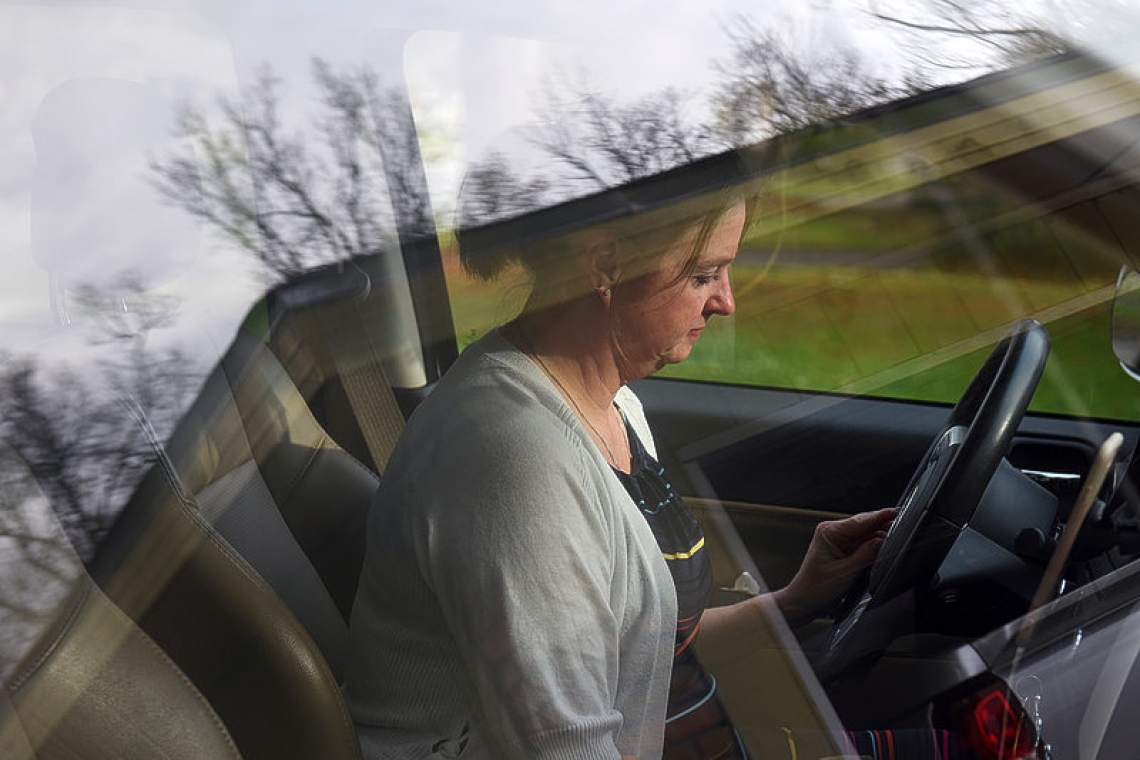NEW YORK--Margaret Bordelon can still feel the hands of the drunk man who tried to pull her in for a kiss at the end of his Uber ride last September in Lafayette, Louisiana. An Uber driver for only a few months, Bordelon, 45, finally convinced the customer to let her go. Since he booked the ride through a friend, she did not know his name.
After reporting the incident by phone to Uber the same night, a company representative told her that she would no longer be paired with the account holder. Beyond that, there was little else she could do for protection.
"When I asked Uber what it was going to do to protect me and other women going forward, I received no response," Bordelon recalled.
Uber reiterated the message to her in writing a day later, saying that any behaviour involving violence, sexual misconduct, or illegal activity "can result in the immediate loss of access to the app" for the customer.
Uber declined to address how it responded specifically in Bordelon's case, and 14 other U.S. female drivers Reuters spoke with said Uber never told them what steps the company took after they reported assault or sexual harassment by customers.
"Safety is essential to Uber," a spokesman said in a statement. "Over the last two years, we've launched more (safety) features than in the previous eight."
The 15 women interviewed by Reuters, contacted through social media support groups, do not represent a comprehensive review of Uber's response to allegations of acts of violence against drivers. But data published by Uber in December - a first for the industry - showed drivers were the victims in nearly half of about 6,000 reports of sexual assault during Uber rides in the United States in 2017 and 2018.
The interviews and data show how Uber's efforts to protect customer privacy have sometimes come into conflict with the safety of some of its drivers. The extent of Uber's responsibility for its drivers' safety, according to legal experts and court records, is also tied up with the unsettled legal question of whether they are contractors - as the company claims - or employees.
If the drivers were classified as employees, they could unionize to address safety problems, or sue Uber for damages under the U.S. insurance-based system of workers' compensation, said Pauline Kim, a law professor at Washington University in St. Louis. For example in New York City, the country's largest taxi market, the majority of taxi operators are considered employees under the state's workers' compensation law, entitled to benefits. Many U.S. states have passed similar laws.
As contractors, U.S. Uber drivers generally have no such guaranteed rights and they cannot claim benefits from the company.
Uber says most of its drivers do not want to be employees, valuing the flexibility of on-demand work. Its business model relies on less-costly contractors and in theory also protects it from legal claims. Drivers suffering an assault can still sue Uber over personal injury claims, but lawyers told Reuters they are reluctant to take those cases over a risk it could cement the drivers' contractor status before a court.
"While making a claim against Uber is the only feasible way for a sexually assaulted driver to receive compensation for her losses, Uber prevents them from doing so by calling them independent contractors," said Juli Porto, a lawyer who represents ride-hailing passengers sexually assaulted by drivers.
Of course Uber drivers can still sue their assailant, but private people rarely have the assets to pay for judgements against them and insurance policies generally do not cover criminal acts. Uber told Reuters that its drivers, as independent contractors, have the right to decline or cancel any trip request, and can end a trip if they feel unsafe. Recently added safety features include an emergency services button in the app and ways to share trip locations, that should benefit both riders and drivers, Uber told Reuters.







